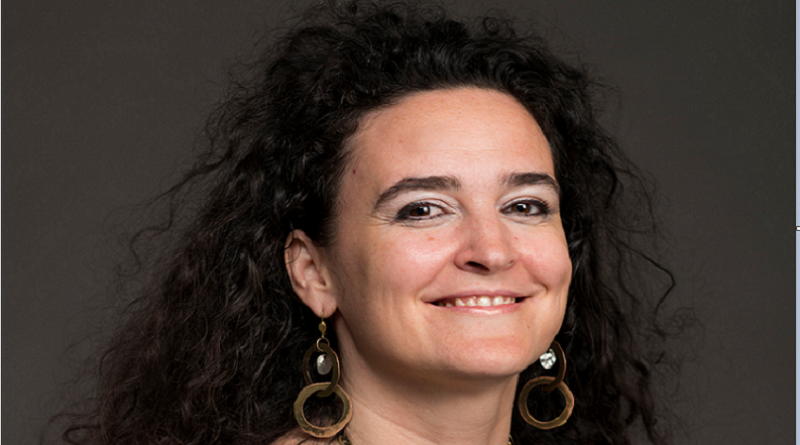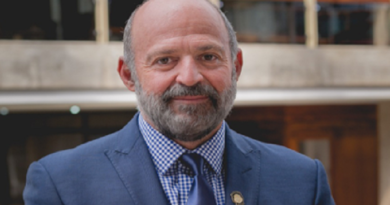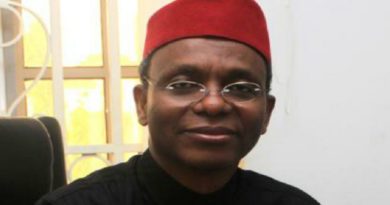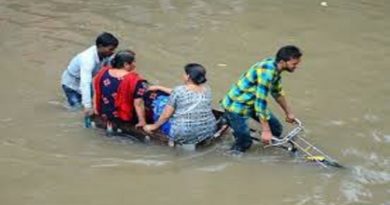GCF Regional Dialogue: Stakeholders support Africa with innovative climate action
The GCF Regional Dialogue with Africa successfully concluded in Windhoek, Namibia. The event, which took place from 6-10 November 2023, brought together key stakeholders and decision-makers, fostering collaboration and peer learning to drive low-carbon, climate resilient initiatives for an impactful paradigm shift in the region.
More than 200 partners from GCF National Designated Authorities (NDAs), Ministries of Environment, Ministries of Finance, accredited Direct Access Entities, international Accredited Entities, Readiness delivery partners, partner organisations, and civil society organisations participated in the event.
The Honourable Pohamba Shifeta, Minister of Environment, Forestry and Tourism of Namibia, officially opened the Dialogue by welcoming participants and the GCF delegation. He highlighted the importance of adequate climate finance and presented the Dialogue as a unique platform for partners to discuss climate change issues the continent is facing.
Henry Gonzalez, GCF’s Deputy Executive Director, followed the Minister in welcoming participants to the Regional Dialogue. He highlighted the challenges faced by the continent, including changes in rainfall variability and extreme weather events. He emphasised the need for investing in ambitious projects in African States and GCF’s role in addressing this need during its second programming cycle (2024-2027) and beyond.
The African Union Commission drew a vivid picture of the urgency of climate action in Africa, the challenges faced by African States in securing the USD 2.5 trillion needed to implement their Nationally Determined Contributions (NDCs), and brought to the fore the key role of the private sector. Anchored in this context, GCF presented its Updated Strategic Plan for 2024-2027 (USP-2), highlighting targeted results and the support it will mobilise to enhance Africa’s access to climate finance. GCF’s presentation of its programming ambitions was enriched by inputs from NDAs and Accredited Entities and by their recommendations to integrate the specific needs of the continent in the implementation of the USP-2.
Underlining the importance to catalyse and leverage private sector investments, GCF presented its Private Sector Strategy. Day 1 of the Regional Dialogue ended with a presentation of GCF’s programming priorities in the energy and water sectors.
On Day 2, the presentation on GCF’s programming priorities continued, this time focusing on food systems and the Early Warnings for All initiative. GCF guidance related to demonstrating climate impact was provided, followed by proactive discussions among the participants on energy sector investments, private sector instruments, project implementation, integrated country programming and the revised GCF Readiness Strategy. The second day concluded with an informal chat with three Accredited Entities who shared their recent experiences, lessons, and challenges related to accessing GCF resources.
Day 3 started with an extension of sector-focused discussions, which examined unpacking opportunities and challenges in the water sector and encouraging peer-to-peer exchanges on agriculture and food systems transition. These were supplemented by lessons shared by regional and international partners. Opportunities to channel private sector capital, concessional finance and philanthropic support towards climate adaptation and food security were explored, and GCF provided direct support to investment ideas and concept notes presented in advance by participants.
Furthermore, GCF provided updated guidance about its Project Preparation Facility (PPF), presented the role of the Independent Integrity Unit (IIU), and discussed its Indigenous Peoples Policy. Lastly, GCF consulted with participants on whether a regional GCF presence could enhance its ability to achieve Africa’s strategic priorities.
Day 4 continued with participants delving into sectoral knowledge. There were sessions on climate information and early warning systems (CIEWS) and presentations on climate risk cases that can be scaled up and replicated in Africa. Participants were informed about other partnership opportunities with GCF besides being an Accredited Entity. Benefitting from the perspectives of African Direct Access Entities (DAEs) and civil society organisations, there were discussions on locally led adaptation and GCF Enhanced Direct Access (EDA).
The fourth day ended with a presentation of a step-by-step methodology developed by GCF to guide the identification of project pipelines that enhance the resilience of vulnerable communities, natural systems and infrastructure to the impacts of climate change.
On the fifth and last day, participants shared their experiences, best practices and lessons learnt from their engagements with GCF, including through the Project Specific Assessment Approach (PSAA), Simplified Approval Process (SAP), GCF Project Preparation Facility (PPF) and the implementation of Readiness grants. It also provided an opportunity to collect feedback from DAEs, including from the Community of Practice for Direct Access Entities (CPDAE) on the needs to increase DAE programming capabilities to inform the development of the DAE Action Plan.
In conclusion, the event created space for GCF to listen to partners, highlight their successes, take note of their challenges and consider their inputs for integration into GCF’s programming. The Dialogue also opened the door for peer-to-peer learning, both in structured sessions and informal gatherings. These interactions facilitated opportunities to build new partnerships and strengthen existing ones.
While the complex task of programming climate projects with Africa cannot be resolved in five days, the Dialogue contributed to a common understanding of GCF’s priorities, investment appetite and instruments, and the tools it will deploy to assist African States to adapt to climate change and develop along low-emission pathways. It is on this common understanding that GCF will strive to advance climate ambitions in the region.




